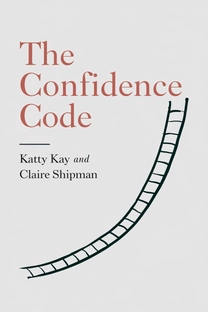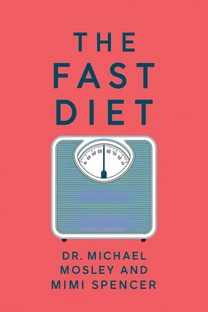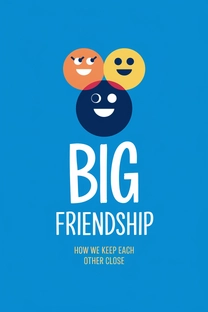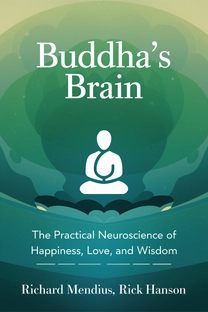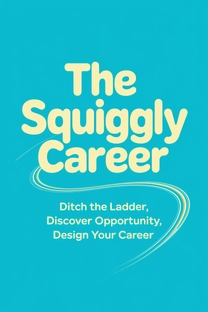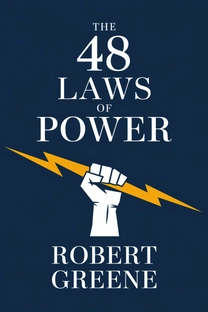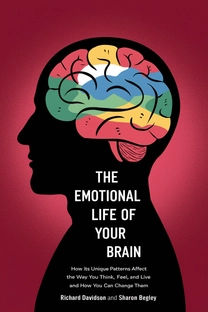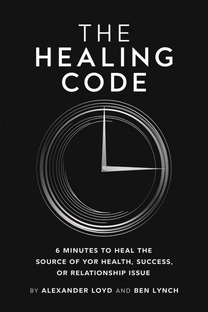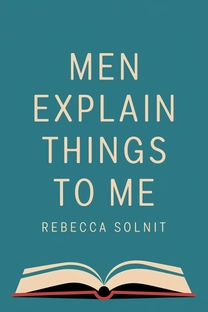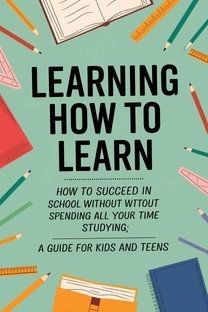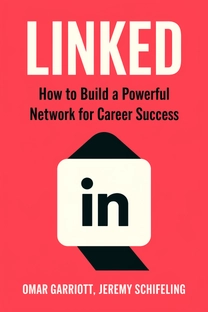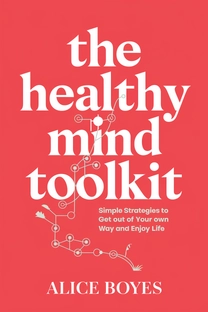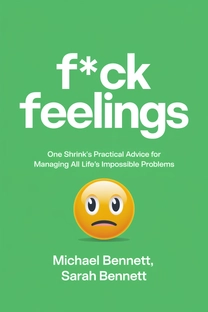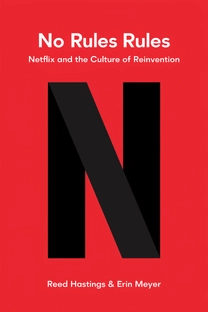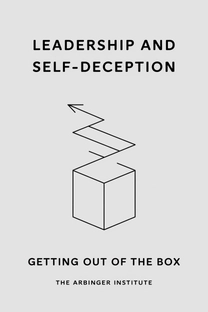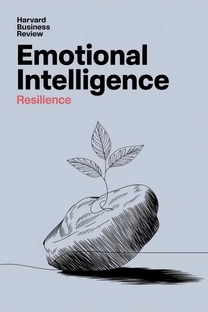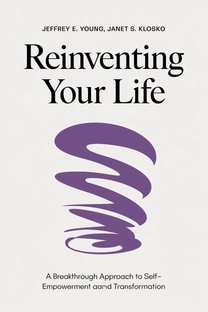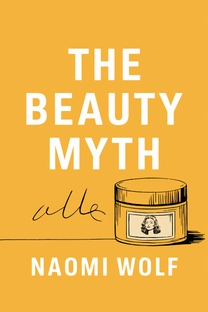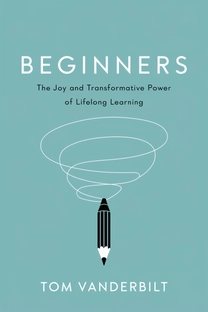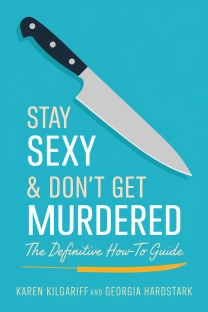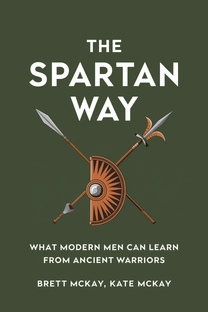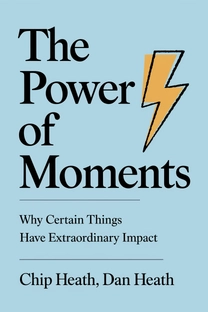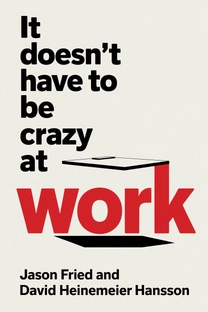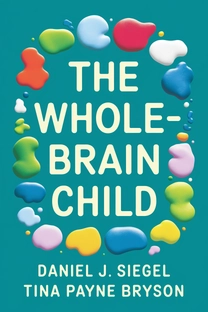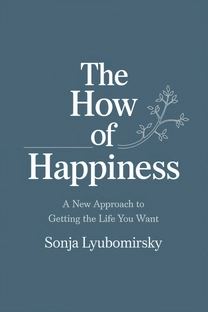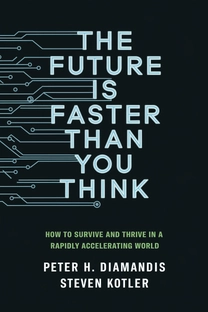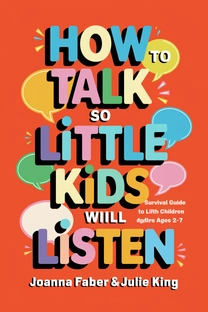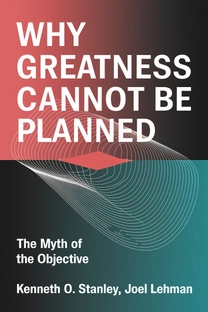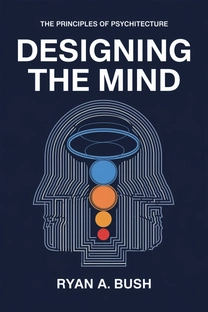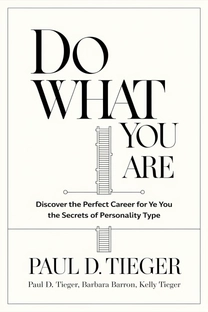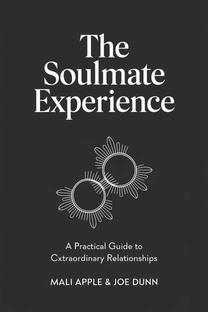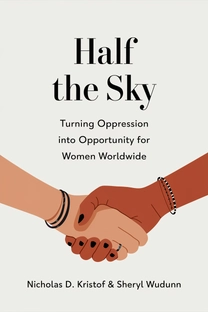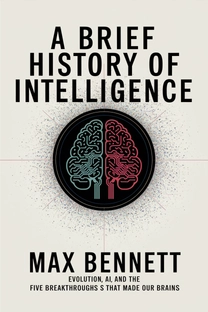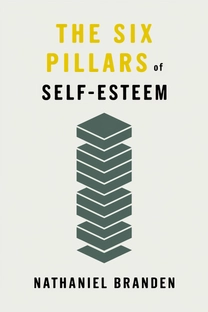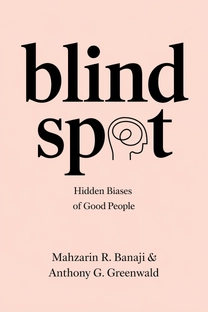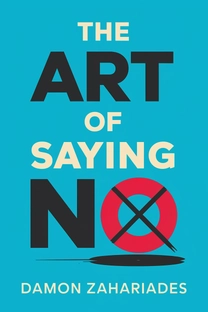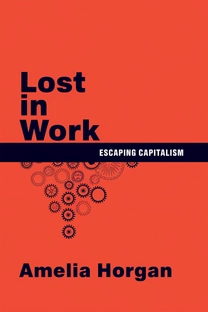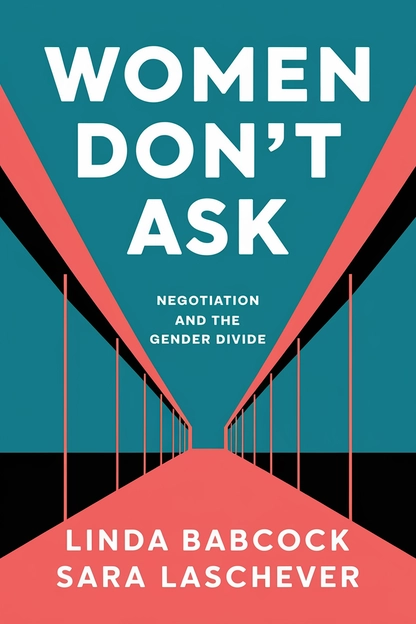
Women Don’t Ask
Negotiation and the Gender Divide
by Linda Babcock, Sara Laschever
Brief overview
This book explores why many women tend to avoid asking for what they want, especially in professional settings. It shows how societal expectations, early childhood lessons, and internalized anxieties can lead women to settle for less. By offering practical methods, this book empowers readers to negotiate better outcomes and create positive change for themselves and the people around them.
Introduction
Many of us accept that asking for a better deal, a fair raise, or a promotion is a normal part of working life. Yet this book shows that women often hold back on these requests—even when they’re well-deserved. This is not about blame; it’s about discovering hidden barriers that keep women from asking for more.
We begin with a vital point: not asking can accumulate over years, widening income gaps and limiting career opportunities. For women, that can mean losing both financial resources and professional momentum. The goal here is to highlight why these gaps exist and how to close them.
The chapters ahead aren’t just about salary bumps. They’re about mindset, confidence, and realizing that negotiation reaches far beyond the workplace—from household duties to broader social expectations. If you’ve ever wondered why women earn less or struggle to assert themselves in everyday scenarios, you’re in the right place.
The Gender Divide: Learning Not to Ask
A recurring theme in this book is that women’s reluctance to negotiate isn’t a personal failing—it’s shaped by culture. Over generations, subtle signals taught women to let others set the rules or decide their worth. Boys, meanwhile, frequently learned to aim higher and push for better outcomes.
One example is the way children observe household chores: boys outdoors, girls indoors. This may seem minor, but it teaches early lessons about control and independence. Over time, these habits ripple into the workplace, where men are more comfortable demanding what they need.
Women often accept these norms without realizing it, making it less likely they’ll negotiate for pay or promotions. By the time women recognize they can ask, they may lag behind their male counterparts in perks, income, or opportunities. Consequently, not asking becomes a powerful force that perpetuates a divide.
What is Women Don’t Ask about?
Women Don't Ask: Negotiation and the Gender Divide by Linda Babcock and Sara Laschever is a trailblazing book that addresses why many women avoid negotiating for their professional and personal needs, ultimately settling for less than they deserve. Delving into societal norms, childhood influences, and the psychological barriers that prevent women from asking, this thought-provoking book empowers readers to recognize these constraints and rise above them. Offering pragmatic approaches, the authors provide tools to overcome negotiation anxiety, equipping women with strategies to confidently advocate for themselves.
The book's core message highlights the gender divide in negotiation practices and underscores the persisting wage gap as a repercussion of unasked questions. By presenting real-world examples and evidence-based research, Babcock and Laschever offer compelling arguments for why challenging stereotypes and encouraging open dialogues are essential for gender equality. Readers will gain insights into the mechanics of gender roles and learn how fostering collaborative negotiations can drive social change, benefiting both women and men in professional and personal spaces.
Review of Women Don’t Ask
Women Don't Ask: Negotiation and the Gender Divide is a compelling dive into the intricacies of societal expectations that deter women from negotiating, particularly in salary discussions and leadership roles. This book succeeds in transforming what might be perceived as personal shortcomings into systematic issues, shedding light on why women often find negotiation daunting. Written in an accessible yet thoughtful style, the work delivers practical, actionable advice.
The text identifies key strengths, particularly its thorough exploration of ingrained gender biases and how they affect both women's and men's approaches to negotiation. By addressing the underlying stereotypes and providing real-world applications, the authors give readers clear takeaways that can redefine their negotiation tactics. The book's accessible language welcomes readers from all backgrounds, making complex ideas intuitive without sacrificing depth.
Drawing a broad but distinct picture of its readership, this book is vital for anyone vested in gender equality — from women aiming to advance their careers, to HR professionals seeking more inclusive practices, and beyond. The authors conclude with a resounding recommendation for readers to embrace their unique strengths in negotiations, fostering environments where collaborative and integrative tactics lead to more equitable outcomes. This book isn't just a reading recommendation; it's an instrumental call to redefine negotiation norms.
Who should read Women Don’t Ask?
- **Professional Women and Aspiring Leaders**: For women in corporate settings daunted by negotiations, this book provides both motivation and strategies to confidently pursue deserved advancements.
- **Human Resource Professionals**: Equip HRers with insights into gender biases that hinder workplace equity, offering tools for fostering more inclusive and fair negotiation processes.
- **Educators and Policy Makers**: Those in roles of influence can benefit from understanding systemic barriers highlighted in the book, instructing methods to implement change from the ground up.
- **Psychologists & Sociologists**: Provides a rich foundation for those analyzing gender dynamics within societal structures, offering perspectives on how deep-seated norms evolve.
- **Ambitious Graduates and Early Career Women**: Empowers young professionals just entering the career world with the negotiation strengths needed to advocate for their futures.
About the author
Book summaries like Women Don’t Ask
Why readers love Mindleap
10-Minute Book Insights
Get the core ideas from the world's best books in just 10 minutes of reading or listening.
Curated For You
Discover your next favorite book with personalized recommendations based on your interests.
AI Book ExpertNew
Chat with our AI to help find the best book for you and your goals.
Reviews of MindLeap
Love how I can get the key ideas from books in just 15 minutes! Perfect for my busy schedule and helps me decide which books to read in full.
Alex R.
The summaries are incredibly well-written and the audio feature is perfect for my commute. Such a time-saver!
Jessica M.
Great app for personal growth. The insights are clear and actionable, and I love how they capture the essence of each book.
Chris P.
The app is beautifully designed and the summaries are top-notch. Definitely worth every penny!
Sarah K.


